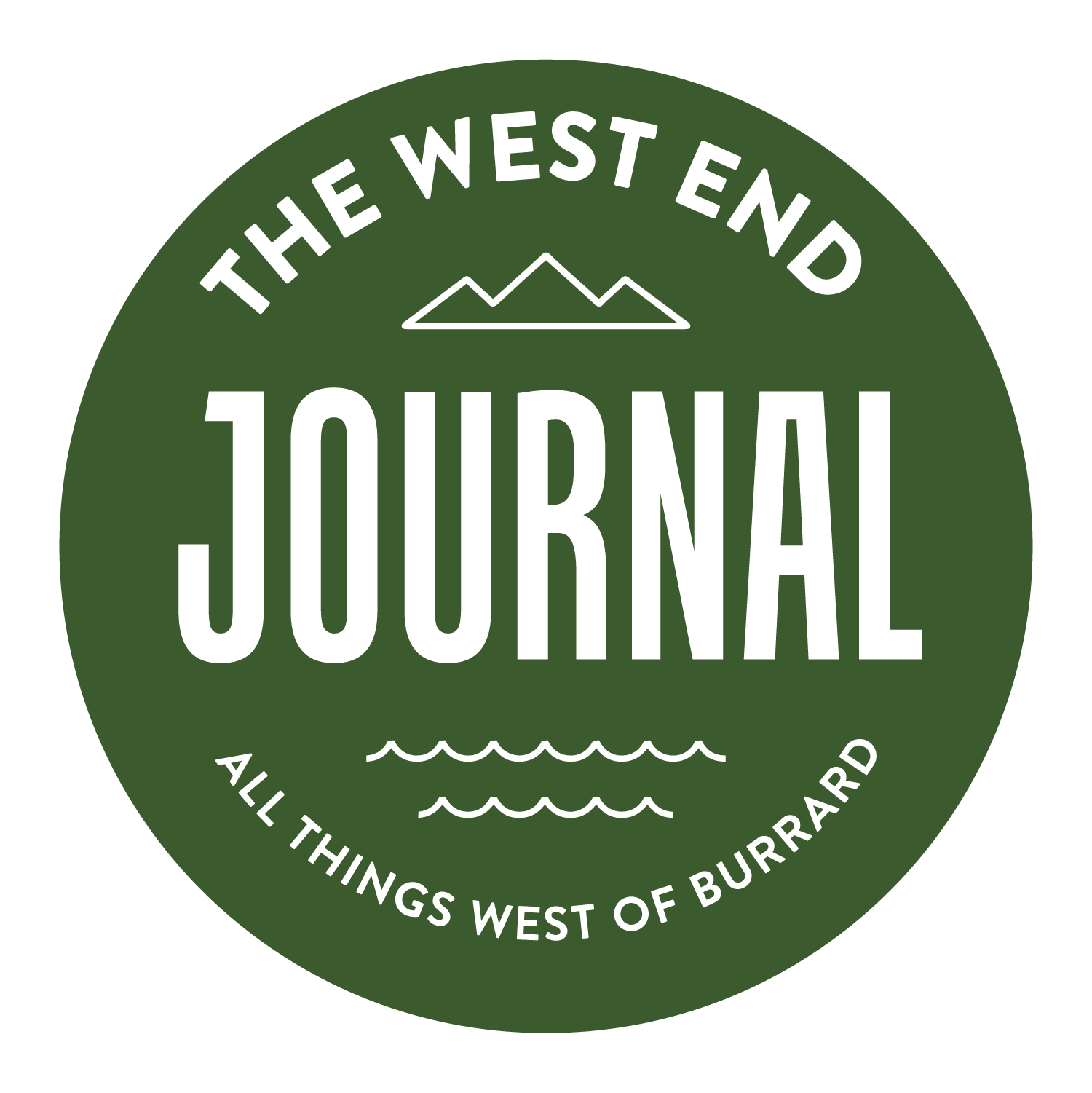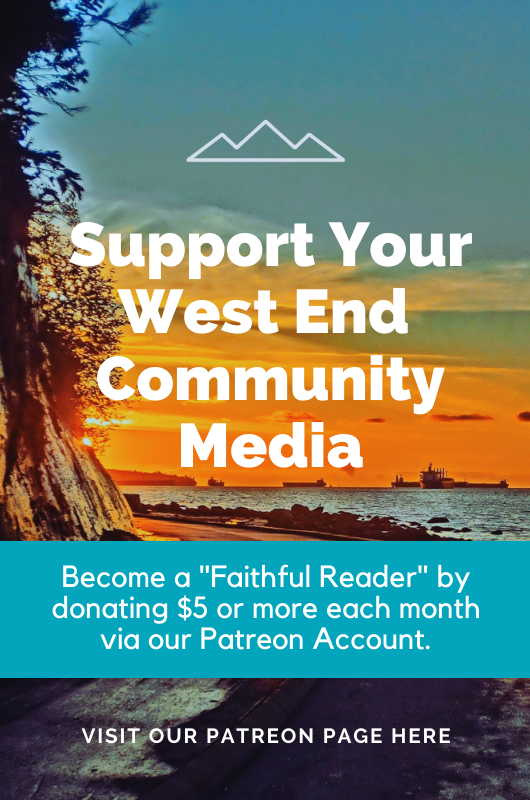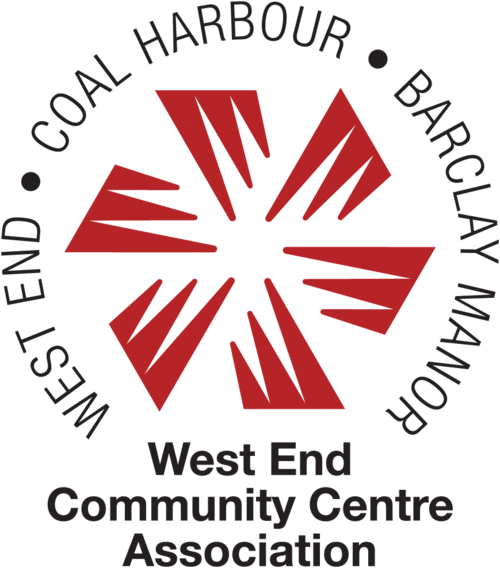WEST END VOICES
/West End resident, recovering addict, and avid rock-climber Harvey Wright.
(Casey Dubois Photos. Click on any image to enlarge)
A STORY OF RESILIENCE AND COURAGE
As Told To Jacqui Birchall
Harvey Wright is my thirty-three-year-old, cheerful, always pleasant, always smiling neighbour. We frequently chat in the lobby about his awesome bike, the weather, normal chit-chat stuff.
One day I met Harvey with all his climbing gear. “Wow! Look at you! “
“I’m off to climb the Squamish Chief”, Harvey told me with great glee. I couldn’t imagine hanging off such a rock face for pleasure.
Later a friend told me Harvey was the subject of a climbing documentary. When I mentioned this to Harvey he sent me a link to watch it. I was blown away by the film. It is riveting. The documentary is called Crux: The Climb Towards Mental Health, by Casey Dubois and Zac Hoffman, and is not just about Harvey the rock climber, but about addicted Harvey, depressed Harvey, suicidal Harvey.
Harvey started using drugs and alcohol at thirteen. He worked as a DJ from that young age and later became a singer in a band, Ponytails. Clubs, he tells me, encourage alcoholism and drug addiction. The son of a United Church minister, Harvey moved a lot as a kid. From New Brunswick to Edmonton to Calgary and then to Oshawa in the middle of his high-school years.
Calgary brought him the great outdoors, the mountains. Oshawa not so much. Oshawa crushed him. Drugs and alcohol go hand in hand, Harvey tells me. He wasn’t trying to escape, but to feel more.
Harvey on a rock-face.
After high school, he joined his brother in Victoria and studied hairstyling and then moved to Vancouver where he worked as a stylist, a DJ, and a singer. He married and became sober.
In 2014 a taxi he was traveling in was broadsided and Harvey was badly hurt. The chronic pain brought back his addictions and ended his marriage. A biking accident further complicated life. Harvey was working for Patagonia at the time, surrounded by rock climbing gear, and Yvon Chouinard the owner of Patagonia inspired Harvey with his stories of rock climbing.
Desperation made Harvey risk rock climbing. He thought he would die from all the poisons he had imbibed in the clubs, and he was suffering. He saw a different kind of suffering from the climbers high up in tents, in freezing weather, sleeping in portaledge cots hanging from anchors on rock faces.
Harvey was in.
He joined the UBC Outdoor Club in October 2015 and learned to rock climb. When his ICBC settlement arrived in December 2015 he purchased his climbing gear, and he found four years of happiness with a new partner. He dreamed of climbing Yosemite and in Nahanni National Park and found periods of renaissance and the discovery of learning brought joy.
Harvey, ready to tackle his next challenge.
And then it all stopped.
He and his new love broke up in November 2019 and Covid brought dark months. By March he was feeling a little better. The documentary was being made. Harvey was involved, excited. And then the world shut down again.
Harvey was bored, isolated, his social life ground to a halt. He started drinking again after four years of sobriety. This brought him shame and disappointment and he was once again in a dark space.
In May 2020 Harvey went cold turkey, and climbed all summer, “the best summer of my life.”
Making the documentary was “awesome". His climbing dreams were being accomplished, he was distracted from the shame of drinking again, the depression and the lack of tolerance of his existence.
He climbed the Bugaboos.
The filming finished in October 2020. Everything came to an abrupt end. Other relationships disintegrated, his father became very ill and in November things closed down again. Harvey began to drink again and to feel suicidal.
He knew people loved him but he harboured thoughts of shame, of worthlessness, a lack of tolerance for himself. One night he climbed the railings of the Lions’ Gate Bridge. He saw the yellow phone, the crisis line (they are on all Vancouver bridges) but he didn’t pick it up. As he climbed the railings traffic screeched to a halt and a man he calls Steve the Life Guard, pulled Harvey down and held him as he cried, telling him he was worthy of life, holding him with such care.
Harvey was taken to hospital. He doesn’t remember receiving any counselling that night. The following morning he was asked, Do you have a place to go?
My apartment
Poster for “Crux”.
Do you have anything to do?
I could order a pizza.
A traumatized Harvey was released within twelve hours.
Harvey and Steve have talked on the phone a few times since and Harvey’s friends and family raised money to get him into treatment.
In December Harvey found out his father had three weeks to live so he travelled to Stratford and held his Dad’s hand as he died. He spent the following two months with his mother.
Harvey found it hard to differentiate between grief and clinical depression.
He tells me he is happy to be alive today. He has taken yoga teacher training, he will probably return to hairstyling, but is also seeking a new path. Harvey would not release himself from memories of his suffering, but would not like to repeat it. He found it was all important to his personal development and to finding healing and health within himself. He wants to climb more mountains, to see more of the world. Patagonia and Yosemite are on his bucket list.
Learn more about Harvey’s documentary here on Instagram, here on Facebook. View it online here, and hear Ponytails on Spotify, Apple Music, YouTube and Bandcamp.









